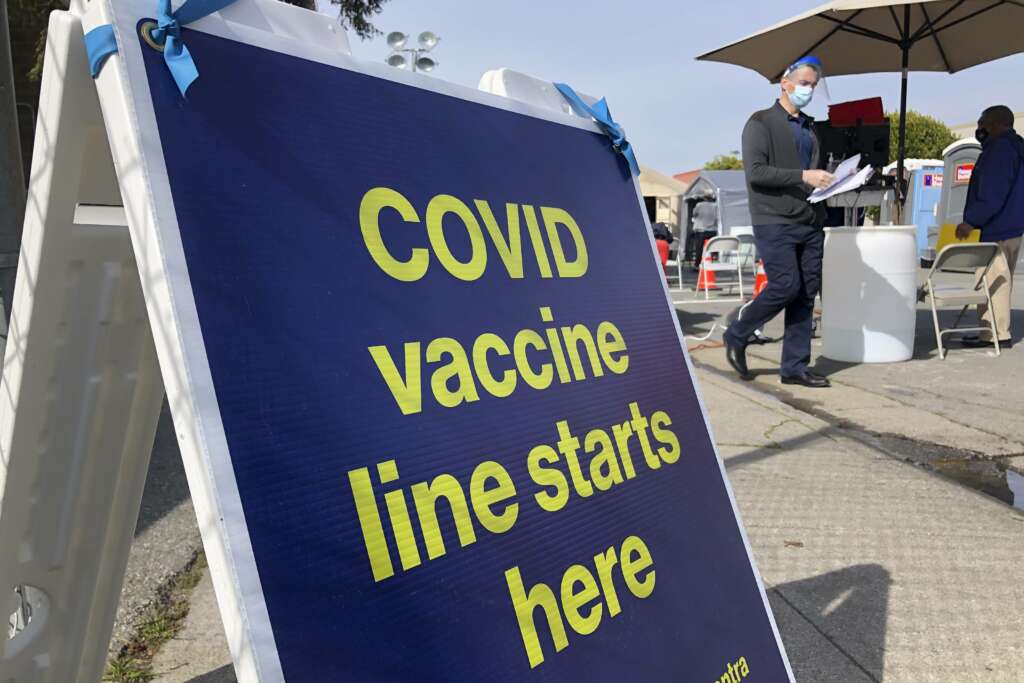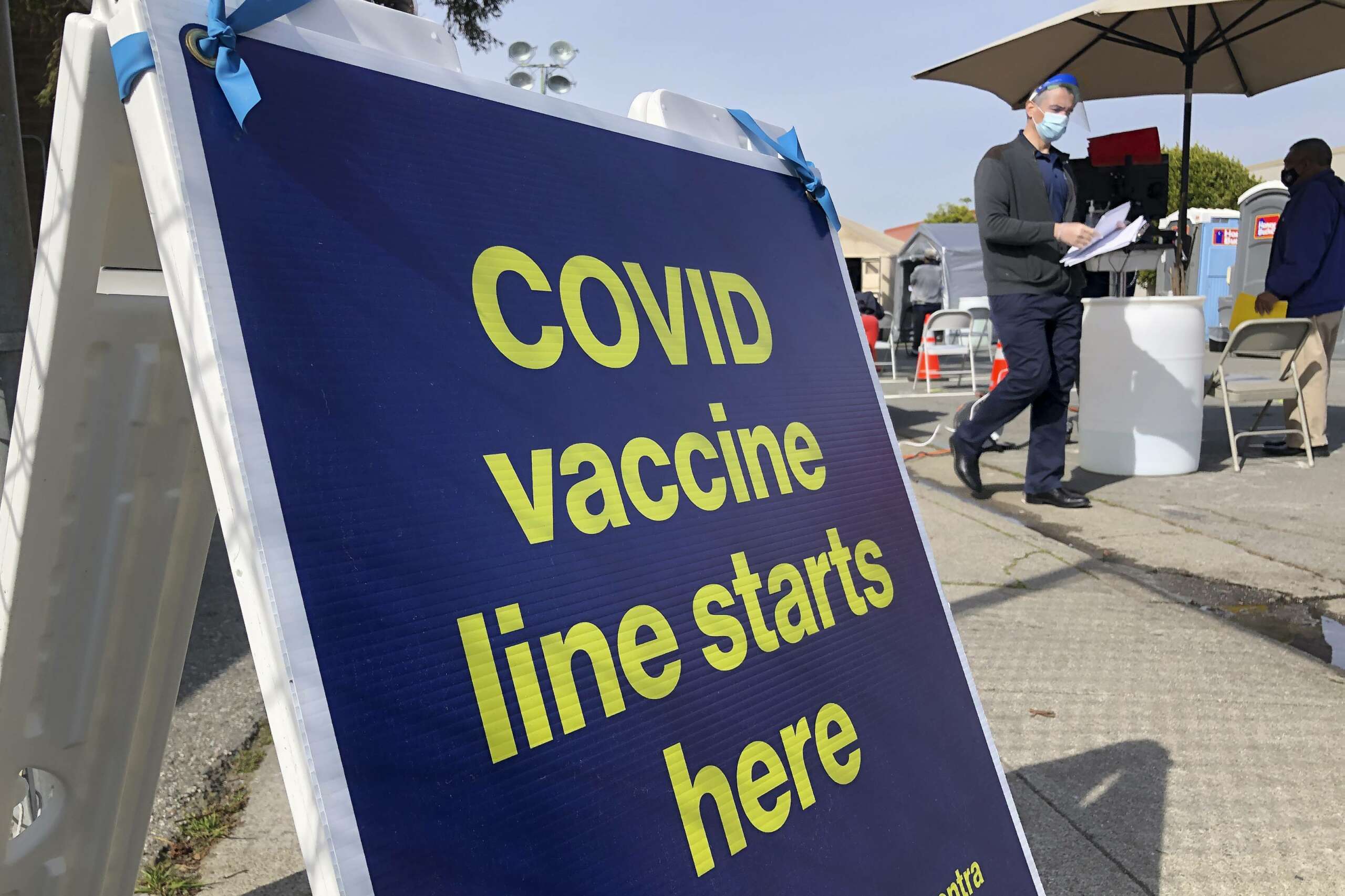
The Defense Department’s first public COVID vaccination numbers show an efficiency rate higher than the broader U.S. public, however there is some anecdotal evidence that some service members and their families who are farther down on the list to get the shot are wary of the vaccine.
To date, the Pentagon vaccinated a little more than 800,000 employees. Since Dec. 14, DoD received about one million doses and delivered about 996,000 of them to military installations. DoD spokesman John Kirby said Thursday on a call with reporters that the efficiency rate of delivered vaccines to getting them in arms is around 82%.
That beats out the national efficiency average of 68%, a number that encompasses different vaccination rollout efforts for each state and territory. Efficiency rates vary widely by state, for example, Utah’s rate is 92%, while Nebraska’s is 60%.
Kirby said about 590,000 of those shots were first doses and 210,000 were second doses.
DoD previously outlined which employees would get the vaccine first. The top tier included healthcare workers and people essential to national security. Service members about to deploy also have priority for the shot.
As of Feb. 10, more than 230,000 service members, contractors, civilian employees and military family members contracted coronavirus. Service member cases alone number nearly 150,000, with about 50,000 currently infected.
Since the vaccine was approved under emergency-use authorization, no one in the military is required to get the shot.
“It is a voluntary vaccine,” Kirby. “There is no central tracking system to keep track of those who are either refusing the vaccine or deferring their decision on the vaccine. I don’t think we are going to be in a place where we can give you an exact number of refusals.”
Kirby did note that Joint Staff Surgeon Brig. Gen. Paul Friedrichs said the refusal rates mirrored those in the public. A recent Gallup poll suggested that 63% of citizens were willing to get the shot at this point.
There have been some rumblings of concern over the vaccine in non-scientific surveys of military families.
Blue Star Families conducted a snapshot survey 667 mostly military spouses and found a high level of skepticism among them. Main concerns revolved around distrust of the development process or timeline and concerns about vaccine safety. Others said they would rather wait to see how other people handle the vaccine.
Blue Star Families conducted an event with National Institute of Allergy and Infectious Diseases Director Dr. Anthony Fauci last week to combat any misinformation over the shot. Fauci reiterated that the shot is safe for nearly all adults. He even said those who are at high risk for allergic reactions should still get the shot in a clinical setting where an anaphylactic episode could be treated. Side effects from the vaccine include soreness, fever and fatigue.
“Certainly refusals are a concern of the defense secretary,” Kirby said. “He’s also mindful that this is a voluntary program. He recognizes this is a personal decision that everyone has to take. He encourages everyone to go to the Center for Disease Control and Prevention and DoD website and read up on this. Read about the intensive safety regime these vaccines have gone through.”
Kirby said DoD also encourages people to speak with their personal physicians about whether the vaccine is right for them.


Comments are closed.